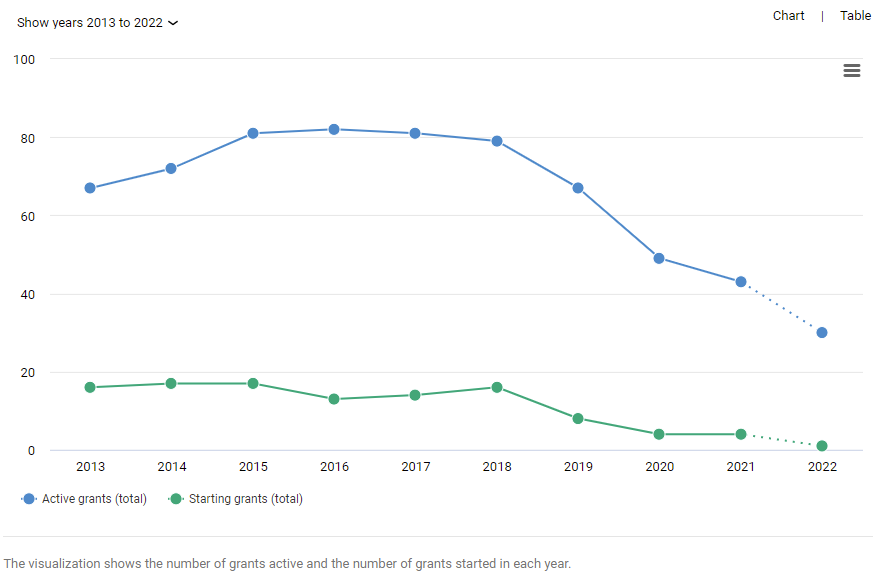““The vast majority of international collaborations are beneficial… but like every activity, there are some risks involved and over the years these risks have become more dynamic and complex.” – Universities UK
Universities and other education and research institutions in the USA, UK, Canada, Australia and elsewhere have wide-ranging compliance needs, including those aimed at addressing the potential for foreign influence.
Research activities and collaborations by their very nature are typically global, cutting across national borders and ecosystems. Nevertheless, the issues of foreign influence are often dealt with at a national level – involving local politics, policy-makers and law enforcement. Policies and funding schemes have legitimate national and local objectives in mind, but this can be at odds with open, global research ecosystems where ‘all knowledge flows’.
Some countries have now put rules and processes in place to create awareness of and to actively manage the range of issues that can arise when the national interest is believed to be compromised, or threatened with compromise.
What is ‘foreign influence’ and why is it considered to be an issue?
In recent years, governments and law enforcement organisations have raised concerns about alleged instances of and the ongoing potential for inappropriate foreign influence in academia, research and innovation.
Concerns about foreign influence include:
- Conflicts of interest: researchers in paid or honorary relationships with foreign companies, governments, or institutions, particularly where those relationships are with “high-risk” nations and are not declared
- Theft of intellectual property by foreign companies, governments, or institutions, either directly or indirectly enabled by researchers
- Researchers working with international collaborators who may be supported by “high-risk” foreign companies, governments, or institutions, and who have not declared their relationships or intentions.
What efforts are being made to safeguard research from intellectual property theft or undue influence?
Nations that have raised concerns about foreign influence have responded in different ways.
In the United States, Presidential Memorandum 33 (NSPM-33) was established to “strengthen protections of United States Government-supported R&D against foreign government interference and exploitation”, with guidelines for federal agencies having since been announced.
In Canada, the government has issued National Security Guidelines for Research Partnerships, which include risk assessment forms that require disclosure of collaborations that may constitute a conflict of interest.
In the United Kingdom, Universities UK released its guidelines on Managing risks in Internationalisation: Security related issues, “to guard against hostile interference and promote academic freedom”, while in Australia the federal government has released its updated Guidelines to counter foreign interference in the Australian university sector.
What does that mean for research institutions?
Research institutions and individual researchers who receive government funding may be required to demonstrate compliance with a range of regulations within their local jurisdiction.
Depending on the regulatory framework, there can be foreign influence disclosure requirements for researchers and institutions, and potential consequences for the violation of such requirements. These consequences can include loss of research funding, fines, and even prosecution for researchers who are considered by law to be acting against the national interest.
How Dimensions can support compliance requirements
Our partners and clients – including institutions and individual researchers – have been approaching Dimensions for assistance in better understanding and responding to their compliance needs.
You can use Dimensions to easily find collaborations based on country by research organization with Dimensions. To illustrate, the below illustration shows the number of active grants between Harvard University and funders in Australia.

Dimensions can also make it easy to look for funders on publications by country or to analyse the profile of an individual researcher.
To learn more view our compliance use case or talk to us for more information.
Sign up for news and updates from Dimensions
